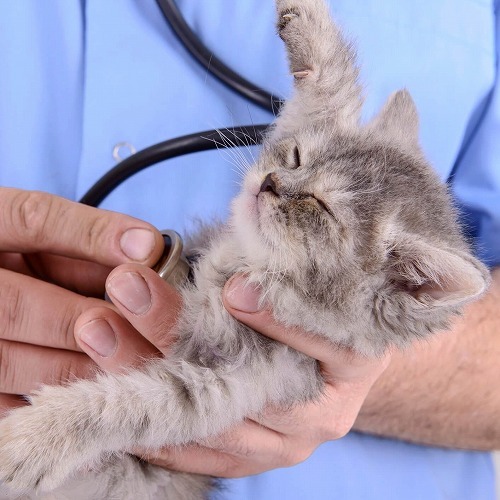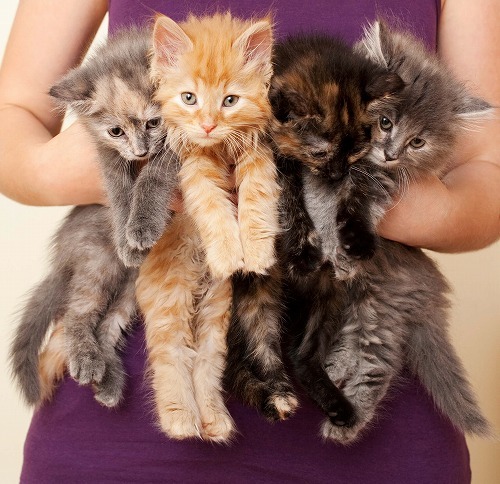|
|

Tag
Obviously I am a big advocate of adopting from shelters, however some cat owners do have a particular preference for a breed. Before ever looking for a kitten, you should do your research on the breeder first. Cat breeding can be a big dollar business and this often means that some cats and kittens can be mistreated along the way. Luckily the vast majority of cat breeders do follow the guidelines, but there is some homework you should do about a breeder before even looking at buying a kitten/cat from them.
1. Are the a registered breeder
Check the legislation of your state/country first. This is very important, registration to breed means the breeder has to legally follow guidelines to ensure the cats’ safety. Check online, most registered breeders say this on their sites and they are also more than happy to provide you with further information.
2. Communication
This is a very important point. How does the breeder refer to their cats and kittens? Do they show their kittens/cats? Do they want to know information about you before providing you with a cat/kitten? If a breeder isn’t concerned about your home and yourself then it’s likely they haven’t been too concerned with the kittens’ welfare when they were caring for them. Good breeders are often “extreme cat people” and they will be very understanding of you asking these questions. They often appreciate people putting an end to mistreatment of cats (in particular their breed of choice).
In order to write this article I anonymously called several breeders and was very surprised at the variation of responses and questions they had. One particular breeder was interested in me having a visit first as well as giving me guidelines for the ongoing care of her kittens and even requested (if it wasn’t a bother) to keep in contact so she would know how they were going as adults. Comparatively, there was also a breeder who claimed to have 15 kittens “ready-right-away”. This immediately should be of concern, a breeder who cares for their cats will want you to answer their questions as well. Generally, good breeders often have a waiting list of kittens for order so you may not be able to get one right away.
3. Regulations/ advice on kittens from a breeder
This can be a very hazy issue, often-genetic defects are more common in pedigree cats regardless of anything else. However be sure to look for the following in your kitten; weeping eyes, abnormal walking, the breeder adopting them too young (10-12 weeks is ideal), kittens of the same litter having illness or defects. You can tell a lot about a kitten from their first inspection, kittens shouldn’t have any dribbling or sneezing (if you notice this they need immediate vet care to protect them from feline flu). Ask to see their parents as well. Generally most breeders are more than happy to do this, it will give you an idea of the health of the parents as well. Also ask about the grandparents and try to check for anything that would indicate inbreeding.

4. Visiting the breeders home
This is not such a ridiculous sounding idea. By visiting the breeders house you can make a lot of assessment on the prior level of care your cat had. If a breeder doesn’t let you visit their home, you should see this as a red flag to purchasing from them. Also if you see dirty kitty litter, many cats everywhere and an unhygienic environment then you should be concerned.
Note how they handle the cats and the kittens, are they rough? Do they pluck the kitten from the mother? Most breeders will be a little rougher than you/I (this is often from having handled a lot of kittens) however you will notice if they are hurting the kitten (kittens are fast to yelp).
Also if you note anything you are heavily concerned with, it’s important you contact the authorities.
5. Papers or no papers?
This is often only needed if you intend on showing your cat in the future. Papers also do give further information on their lineage and acts as a birth certificate for your cat. Many breeders will charge very exorbent prices for pedigree registration papers (they are often registered through the World Cats Federation). However, you should note that even without papers your kitten should be registered to prevent inbreeding. This is why breeders are very detailed about neutering the kitten or having the kitten neutered at 12 weeks.
Tag
Tag